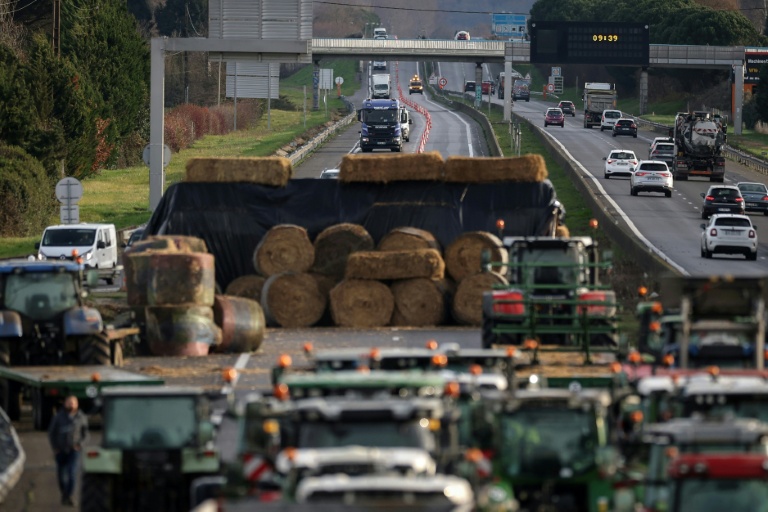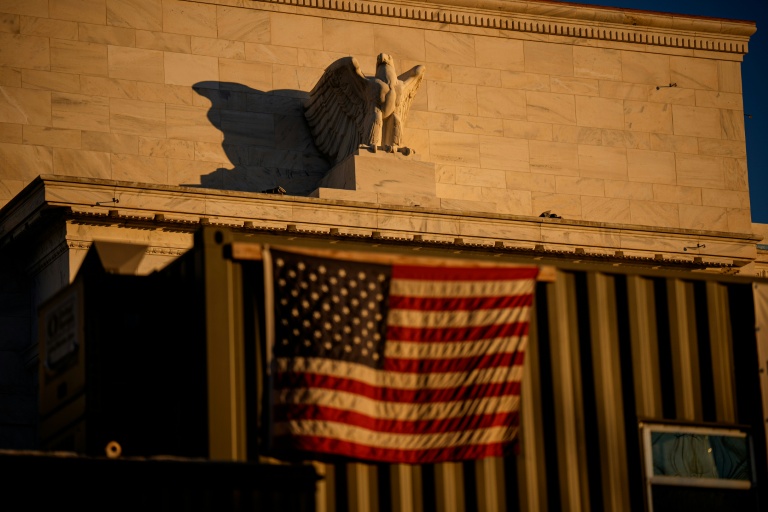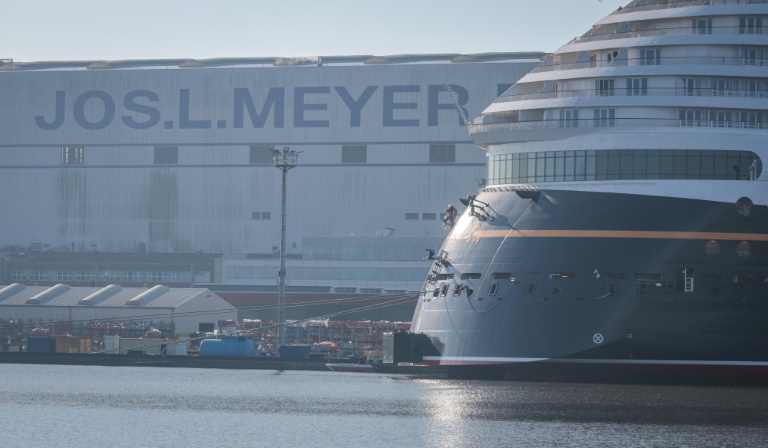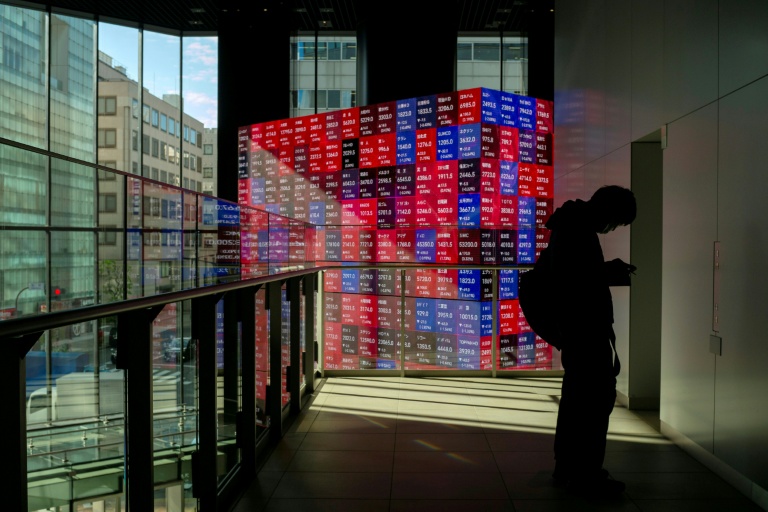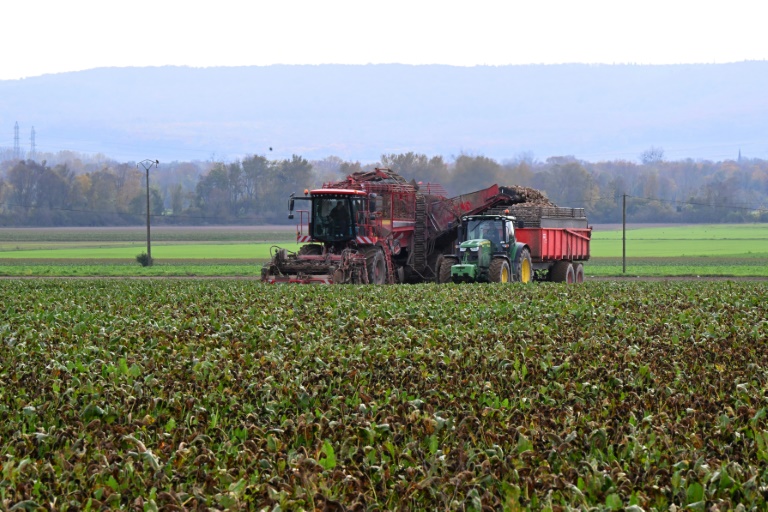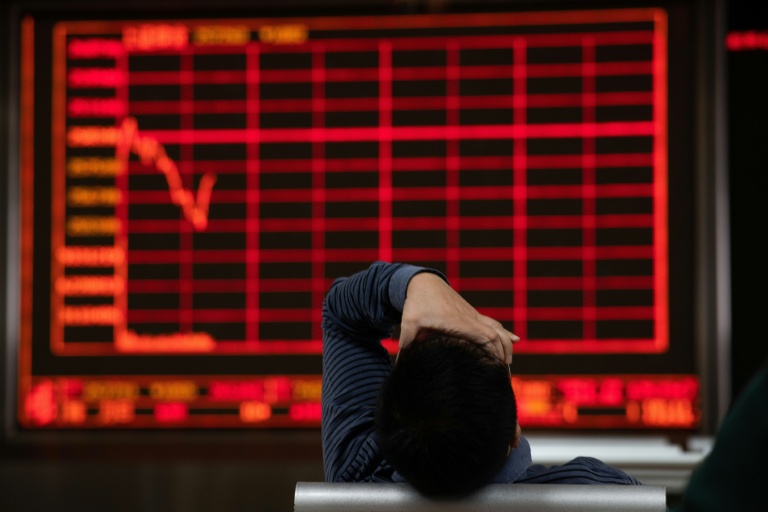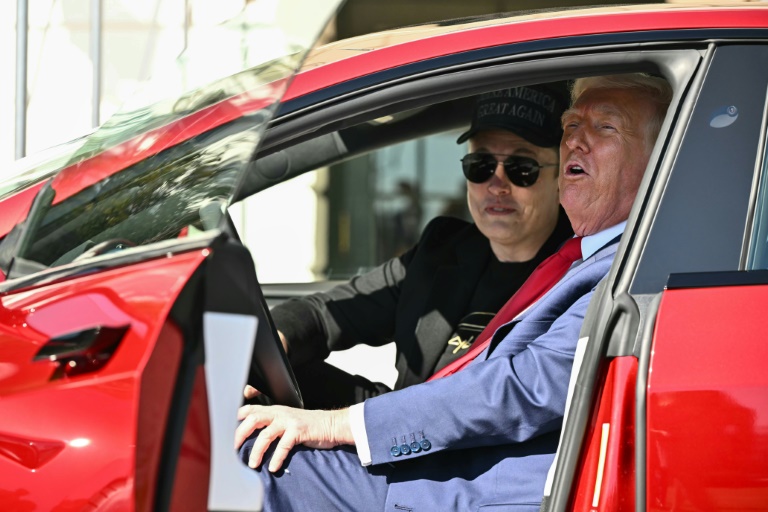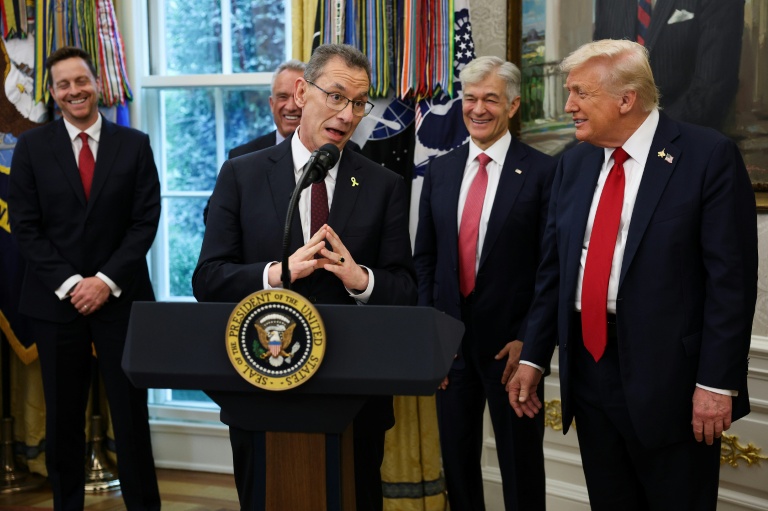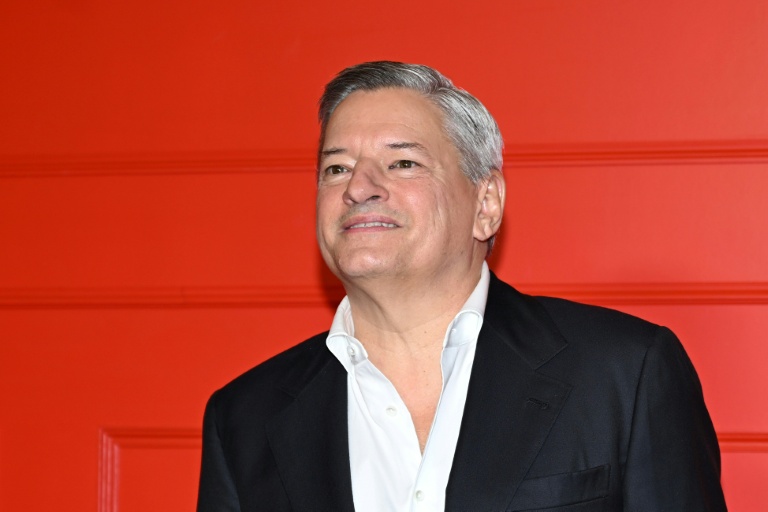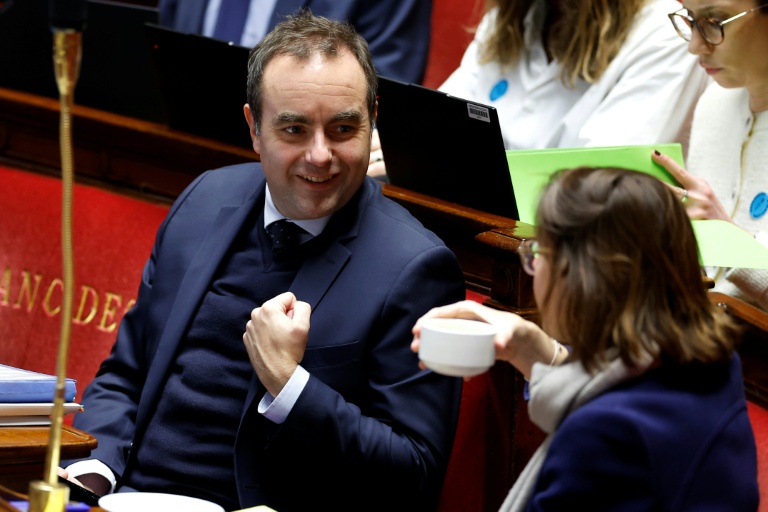Banff (Canada) (AFP) – G7 finance leaders played down their differences Thursday, despite turmoil from US President Donald Trump’s wide-ranging tariffs, and sought common ground on Ukraine as talks in Canada entered the final hours. The Group of Seven advanced economies are expected to issue a joint statement at the end of their three-day gathering, a diplomatic source told AFP, but all eyes are on whether they can overcome tensions sparked by Trump’s trade wars.
“The mood in the meetings was positive and constructive,” EU economy chief Valdis Dombrovskis told AFP early Thursday. He said officials made progress on many issues, including the global economy, in addressing imbalances but also with regards to a response to Russia’s aggression against Ukraine. “All in all, we are making good progress,” added Dombrovskis, the European Union commissioner for the economy.
Leaders opened a final morning of talks early Thursday, with sessions on financial crimes and artificial intelligence on the agenda at the session, held in western Canada’s spectacular Banff National Park. But tensions among the finance ministers and central bank governors from Britain, Canada, France, Germany, Italy, Japan, and the United States remained.
On tariffs, obviously, that remains a concern,” Dombrovskis said, adding that the G7 partners were working together, as well as bilaterally with Washington, “to address this tariffs situation and to find a negotiated solution.” German Finance Minister Lars Klingbeil told reporters Thursday it was crucial to “resolve the current trade disputes as quickly as possible.” He stressed that higher tariffs place “a heavy burden on the global economy, unsettle the financial markets and ultimately reduce global prosperity.” “Our hand is extended,” Klingbeil added, noting that US tariffs threaten jobs and economic strength on both sides of the Atlantic.
A European official told AFP that while the trade issue is not resolved with this week’s talks, “we see the positive side.” French Finance Minister Eric Lombard told AFP: “The atmosphere was warm. We spoke as friends and allies.” “We don’t agree on everything, but we talked about everything,” he said. Ministers also held bilateral talks on the sidelines of the gathering. Klingbeil noted his “intensive and constructive discussion” with US Treasury Secretary Scott Bessent, whom he plans to meet again in Washington. Bessent has been expected to face pushback on the US tariffs policies’ effects, though he told reporters that Wednesday’s talks were “very productive.”
The week’s meetings come ahead of the G7 Summit next month and are seen as a litmus test of how the leaders’ gathering — which Trump is to attend — will proceed. One topic where consensus could prove easier to achieve is China, with the G7 broadly aligned on addressing Beijing’s trade practices.
Ukrainian Finance Minister Sergii Marchenko attended the talks in Banff and has urged the G7 to maintain pressure on Russia. France’s Lombard welcomed “clear progress” on support for Ukraine and the issue of increasing pressure on Moscow. While Trump’s return has rattled the G7, German finance minister Klingbeil told public broadcaster ARD that “there are always conflicting signals.” While there may be US statements that cast doubt on the extent of support towards Ukraine, “in the end, the United States has always been on Ukraine’s side,” he said.
Wednesday’s session on Ukraine was chaired by UK finance minister Rachel Reeves, who said “pressure on Russia’s war machine is needed now more so than ever,” according to a government statement. She charged that Russia’s President Vladimir Putin has “failed to engage in good faith with proposals” and attempts to broker a ceasefire from his “illegal and brutal war.” Reeves also aired an ambition to move fast in lowering the $60 price cap on Russian crude oil, the UK statement said.
© 2024 AFP



